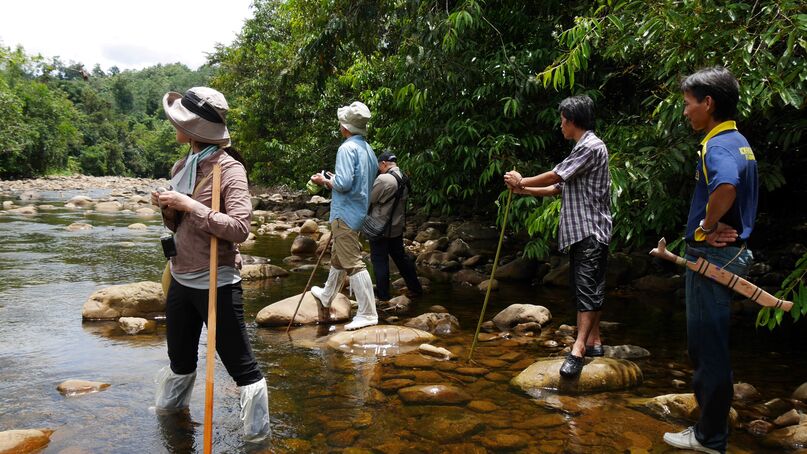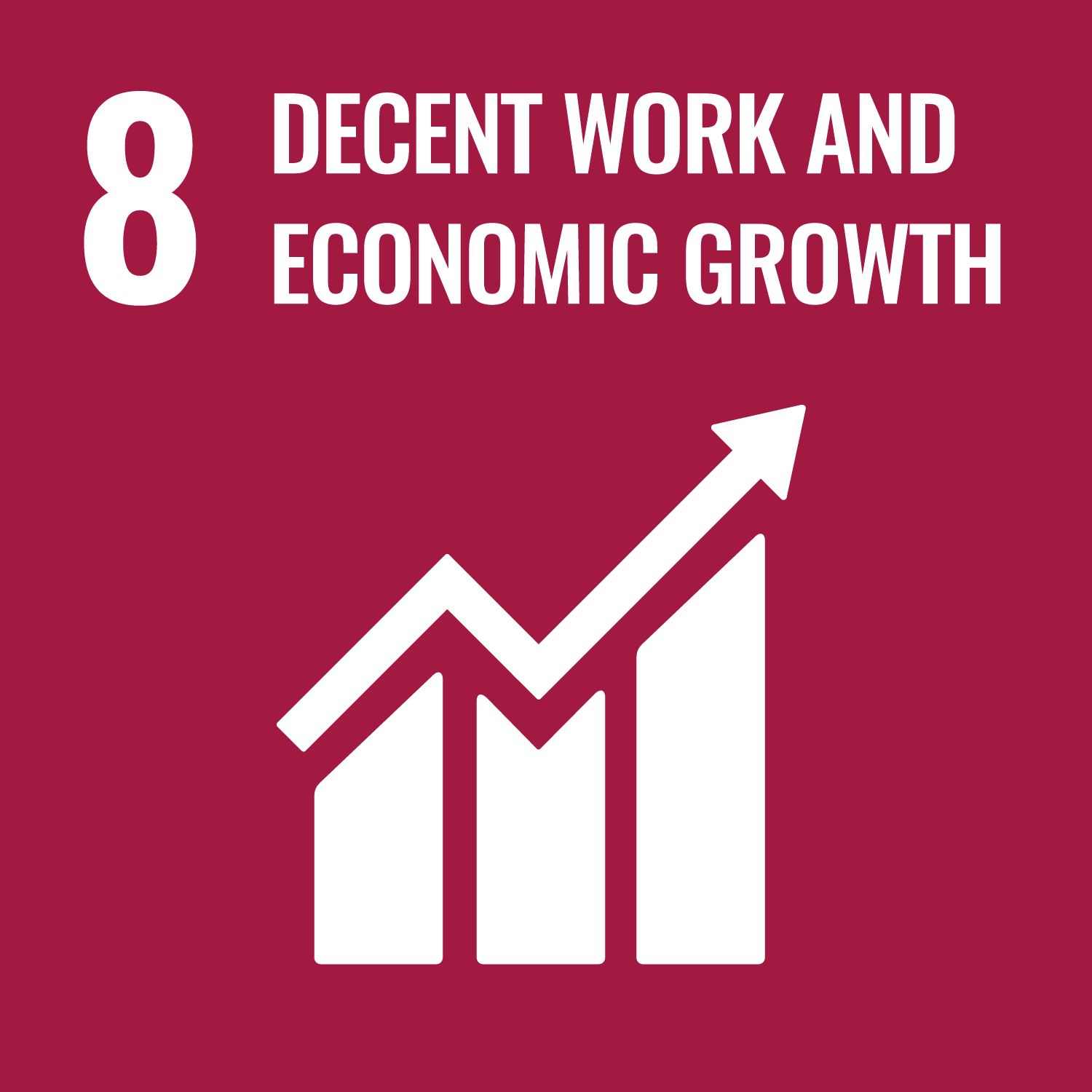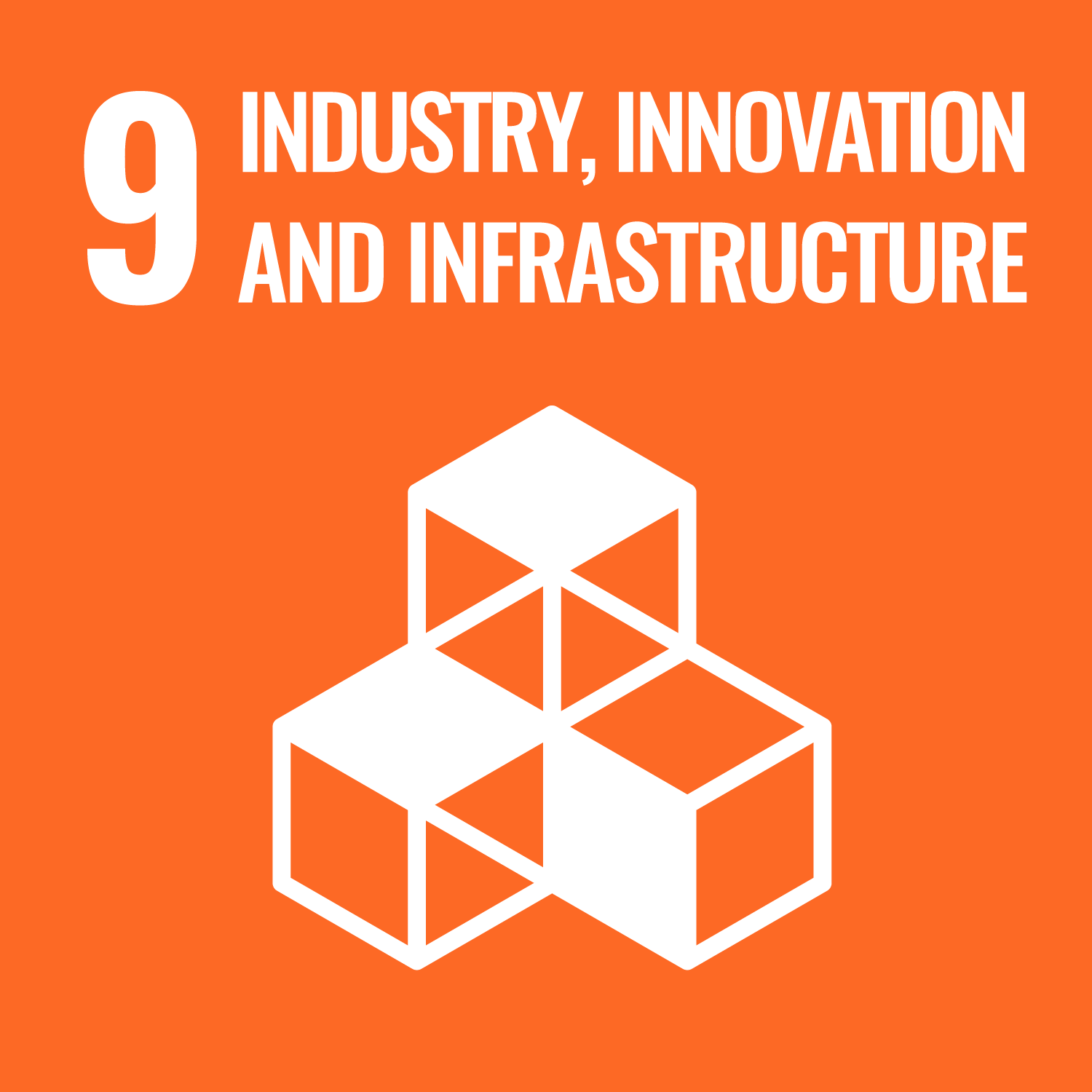More investment in green tourism needed to support sustainable tropical forest management
27 September 2023

Visitors enjoying the view from a river in a national park in Sarawak, Malaysia. Photo: W. Cluny
27 September 2023: Marking World Tourism Day, ITTO Executive Director Sheam Satkuru has called for more investment in ecotourism in tropical forests as a means for increasing incomes for local people and thereby supporting conservation and sustainable forest management and use.
World Tourism Day has been held on 27 September each year since 1980. Its purpose is to raise awareness internationally about the role of tourism and how it affects social, cultural, political and economic values worldwide. This year, the Day is highlighting the need for better-targeted investments that align with the 2030 Agenda and the Sustainable Development Goals.
Speaking on the occasion, Ms Satkuru said tropical forests feature an extraordinary diversity of life, fascinating cultures and awe-inspiring landscapes, making them highly attractive as tourist destinations.
“ITTO knows that tropical forests are great places to be, and there is huge potential upside for ecotourism,” she said. “But we need more investment in infrastructure and human resource capacity if we want to attract more visitors while also maintaining the very values of the forests that make them so appealing.”
Ms Satkuru said that, to unlock the full potential of tropical forests as ecotourism destinations, investment is needed in three key areas:
(1) Human capacity. “Investing in local communities, training them in hospitality and guiding services, and imparting knowledge about forest conservation are all vital steps,” she said.
(2) Sustainable infrastructure. “Building ecofriendly infrastructure in key destinations is crucial for attracting people while maintaining the natural values of sites,” said Ms Satkuru. “Many tourists are increasingly concerned that their activities could have negative impacts, so it’s important to minimize the social and environmental downsides of the infrastructure created for them.”
(3) Entrepreneurship. “It is essential that local people embrace and benefit from tourism that takes place in their forests,” she said. “This is not only a basis for sustainable tourism, it also encourages the long-term conservation of the forests themselves. But local entrepreneurs need more access to finance if they are to develop sustainable businesses based on ecotourism.”
ITTO has supported a range of field projects aimed at reconciling economic development through ecotourism with other objectives, such as biodiversity conservation and sustainable use, especially in transboundary conservation areas. Notable long-running projects with a significant ecotourism focus include those in the Emerald Triangle Protected Forest Complex spanning Cambodia, the Lao People’s Democratic Republic and Thailand; the Betung Kerihun National Park in Indonesia and the adjoining Lanjak Entimau Wildlife Sanctuary in Sarawak, Malaysia; and the Tacaná Volcano region shared by Mexico and Guatemala.
A recently commenced project in the Upper Baram region of Sarawak is set to boost local livelihoods and biodiversity, with a strong focus on ecotourism. An ITTO project in Indonesia is working to enable improved ecotourism management in the Giam Siak Kecil-Bukit Batu Biosphere Reserve.
These and other initiatives are helping pave the way for responsible and sustainable ecotourism in tropical forests around the world.
“Sustainable tourism not only promotes responsible travel, it can also play an important role in conserving tropical forests,” said Ms Satkuru. “It’s about finding the sweet spot between people, nature and economies, where people can experience the extraordinary natural and cultural wonders of tropical forests while helping conserve them for future generations. Green investors looking for both profit and sustainability should look no further.”




